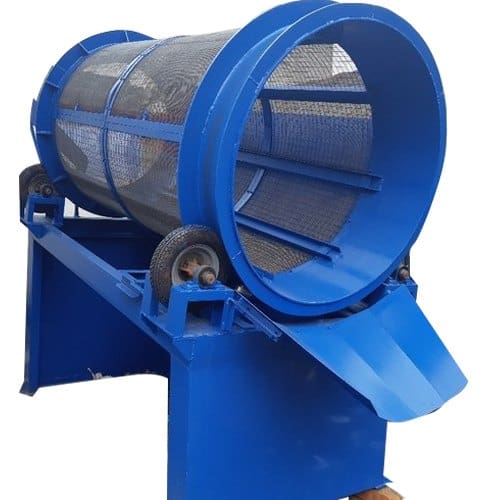Best Suited Composting Method in India
We hereby present you with the Best Suited Composting Method in India ->
What can be composed?
Almost any organic material is suitable for composting process.
The materials need a proper ratio of carbon-rich materials ‘browns’ and nitrogen-rich materials ‘greens’.
Among the brown materials are dried leaves, straw and wood chips.
Nitrogen materials are fresh or green such as grass clippings and kitchen scraps.
The carbon provides energy for the microbes, and the nitrogen provides proteins.
Mixing certain types of materials or changing the proportions can make a difference in the rate of decomposition. Achieving the best mix is more an art gained through experience than an exact science. Therefore, you are always the best judge as to what and how the waste should be mixed to achieve faster decay.
Mostly vegetable waste from APMC markets and ‘aides’ like saw dust, cattle manure, dry leaves, agri waste Etc. can be used for enhancing the microbial activities. Proportions of wastes need to be changed to gain experience as to best and fastest method suitable for your project
How much time?
Generally from 2 – 3 weeks, better the mix faster the time to degenerate, also the warm and moist weather is more suitable. The waste is first fed in the shredder which breaks it down to small pieces fed directly to the rotary drum.
Best Suited Composting Method in India to use?
An efficient and promising technique in decentralized composting is the rotary drum composter. Rotary drum provides agitation, aeration and mixing of the compost, to produce a consistent and uniform end product without any odor or leach-ate related problems.
In warm, moist environments like INDIA with ample amount of oxygen and organic material available, aerobic microbes flourish and decompose the waste at a quicker pace. The composting time is drastically reduced to 2–3 weeks.
It can be successfully used in compost product demanding areas such as institutions, schools, vegetable markets, large dairies and garden/park areas.

The ROTARY DRUM COMPOSTER consists of a drum is of 3.7 m in length and 1.1 m in diameter, made up
of a 4 mm thick iron sheet. The inner side of the drum is painted with anti-corrosive coating. It is mounted on four metal rollers attached to a metal stand. A 7.5 kW motor turned the drum in clockwise direction at 2 rpm. In order to provide the appropriate mixing and agitation, 400 mm angles are welded longitudinally, resulting tumbling action inside the drum generally moves material through the drum for 7 days as composting period
Do you need to mix anything ?
Nothing artificial needs to be mixed, will beat the purpose if you do mix, only patience is needed as natural composting may take longer sometimes
What cannot be composed?
All naturally bio degradable materials can be composed, of course plastic should never be mixed with organic waste if you wish to compost, fastest is food waste to compost.
Cheapest and fastest way to use compost!
the cheapest use of compost is for gardening, of course once you have composted the waste you always have the satisfaction of doing your bit for the environment, even if you mix it with soil on barren land.
Economical aspects – can you make a profit?
No you cannot make a business out of this, its just to save the environment and to put thrash to use or dispose it without damaging your surroundings, rather capital investments have to be made for the equipment.
Then why do it?
UNDP study (UNDP/WB RWSG-SA, 1991) recommended that instead of setting up single large mechanical compost plants, it would be beneficial and more effective to set up several small composting plants. Decentralized composting in institutions, neighborhood or community scale provides small groups to pursue it at a relatively low cost. Since the 1990s, there is a trend towards smaller and manually operated composting plants at community level initiated primarily by citizens initiatives or non-governmental organizations (NGOs) and also supported by international funds (Furedy,1992). Decentralized composting allows reuse of organic waste where it is generated, thereby reducing waste quantities to be transported as well as transport costs.
This has a positive effect on the overall municipal waste management – capital as well as operational costs as a burden on the government.
Policy has increasingly moved towards this decentralization, giving the local bodies freedom to customize and operate their own smaller facilities
It is the responsibility of large companies (CSR) towards the communities around their units to treat their waste in a socially responsible manner and if possible to even help set up units for collection and treatment of waste from surrounding localities also.
Composting v/s Recycling
Natural = Composting
Man Made = Recycling
Most of what nature gives out is self degenerating, only composting hastens the process which is the need of the hour to reduce landfills.
Whatever is converted by man like plastics etc. needs to be recycled, even though that is another topic of debate all together, we may feel good about recycling but it is an eye wash, to recycle we use more energy.
Our PROKATO Industrial Shredding Machine is built to satisfy all your requirements!
Contact us on +919820020754 for more details.
